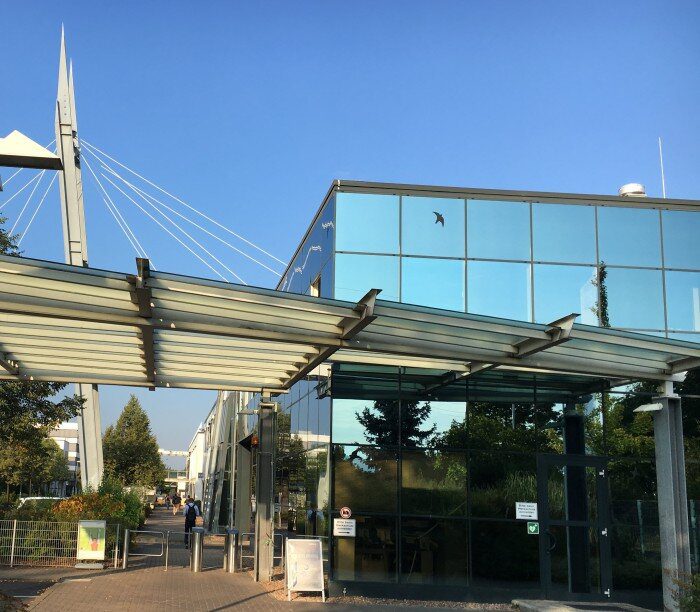Heraeus Nexensos advises providing a perfect cold chain for temperature-sensitive pharmaceutical products, such as vaccines and other biologicals, is a major logistical challenge for the pharmaceutical industry.
Heraeus Nexensos platinum-based resistance temperature detectors (RTD) are a perfect fit for harsh cryogenic sensing applications. Heraeus RTD sensors provide reliable and accurate temperature measurement in dry ice (-78 °C), with capability down to -200 °C. Platinum RTDs exhibit extremely low drift, even after years of service, ensuring reliable data collection for the life of the measurement device. This reliability translates to precise monitoring of temperature-sensitive biochemical synthesis processes, and secure temperature control and monitoring for the complete cold chain logistic, from shipment to storage.
“Heraeus sensors for cryogenic temperature measurement offer superior precision. More than 500 Million of delivered sensor elements have proven their reliability and outstanding performance in harsh environments. We are glad to support the efficacy and safety of cryo chains, especially for the logistics of vaccines against SARS-Cov-2.”, says Ralph Meschkat, President of Heraeus Nexensos. “We have already invested in 2020 in additional capacity and use this now to support increasing demand in this area. With our advanced planning system, we can now offer unmatched delivery times.”
As the worldwide market and technology leader for platinum-based Resistance Temperature Sensors (RTD elements) Heraeus Nexensos offers its customers technical support in every major time zone in the world via application centers located in the US, China and Europe. Sensor elements are available in tailormade sizes in support of various industrial applications. Nexensos’ production system and global inventories support short lead times and flexible supply arrangements.
Platinum-based sensors are ideal for temperature measurement in challenging applications. The linear characteristics allow precise temperature sensing over the full measurement range. Applications include the monitoring of production process temperature stability, cryo-transport box temperature during transport, and ultra-low storage cooler temperature. Sensors are available for temperature measurement over a wide range from -200 to +1000 °C. Nexensos RTDs installed in harsh environments, such as automotive systems or power plants, exhibit a typical lifetime of 15 to 20 years.



